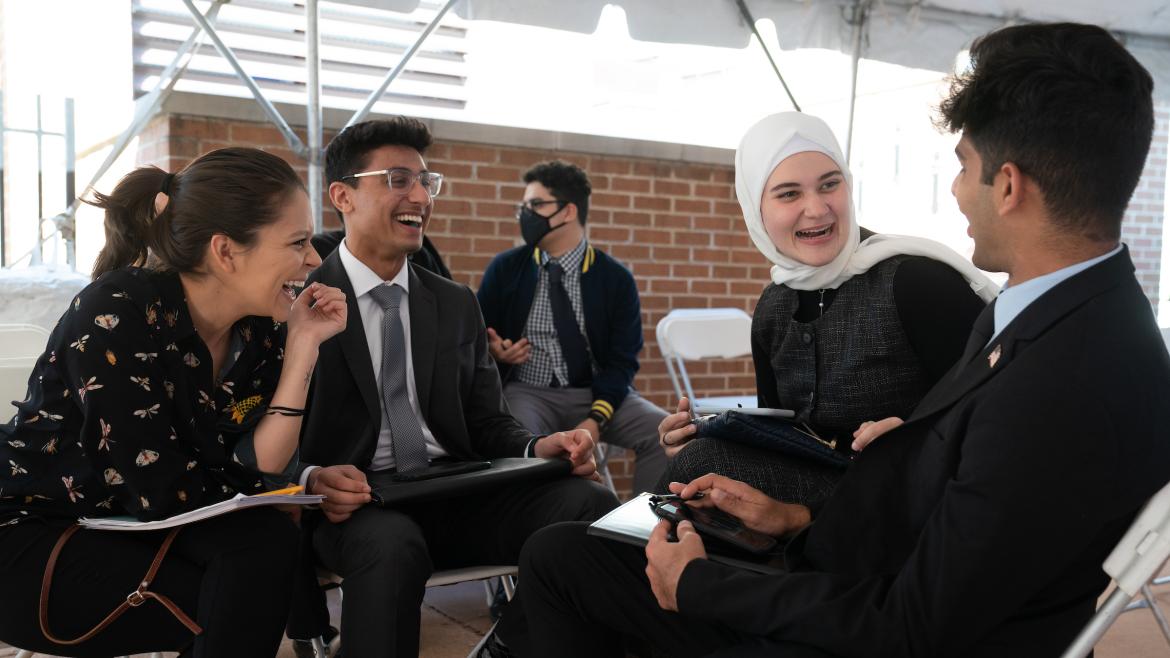Join us in Washington, D.C., for our inaugural Diaspora Organizer Gathering at Friends Place on Capitol Hill. Learn advocacy skills, build relationships, and meet with policymakers on issues of U.S. foreign policy. Programming and lodging are provided by Friends Place.
Event Details
Who should attend: Diaspora advocates interested in expanding their leadership skills, learning about Congressional advocacy, and organizing their communities to advocate for peace and diplomacy in U.S. foreign policy.
What to expect: A gathering of community leaders, advocates, and movement-builders from a diverse range of diaspora communities, focused on sharing their perspectives on U.S. foreign policy in relation to their home countries and building solidarity by advocating for policy change in the United States.
Location: Friends Place on Capitol Hill is located just five blocks from the U.S. Capitol.
What you’ll leave with: Lasting connections, deeper knowledge about the Congressional advocacy process, and tangible next steps for continuing to organize in your home communities.
The program will include opportunities to:
- Meet with organizers from across the United States to build community and exchange ideas.
- Explore the connections between federal foreign policy and local advocacy for peace and diplomacy.
- Hear from a panel of grassroots organizers, lobbyists, and policy experts on how ordinary people can influence public policy.
- Present on a specific policy issue that matters to you or your community.
- Participate in an interactive lobby training to prepare for meetings with elected officials.
- Meet with Congressional staff from your state or Congressional district.
The Goal: Cultivating Diaspora Organizing for Peace through Diplomacy
Many diaspora communities in the United States are intimately connected to war and armed conflict occurring in their home countries. The United States has often played a role in these conflicts, whether through military intervention, weapons sales, or other means of involvement. Through training, organizing, and community-building, this initiative will build a powerful, coordinated network of diaspora advocates working to advance legislation that promotes peace, diplomacy, and human rights over armed intervention and military action in U.S. foreign policy.

